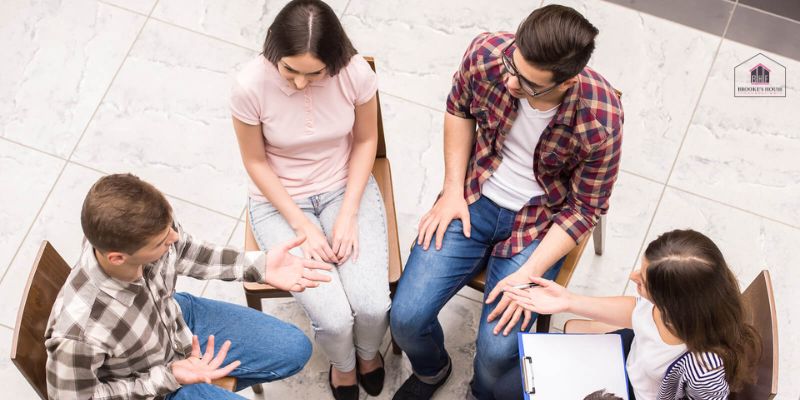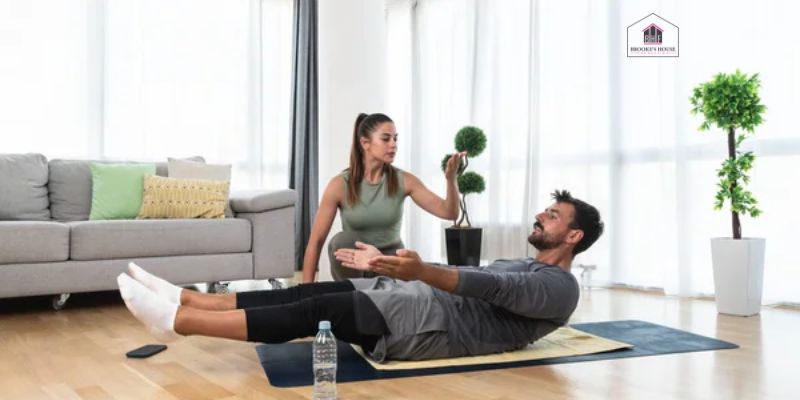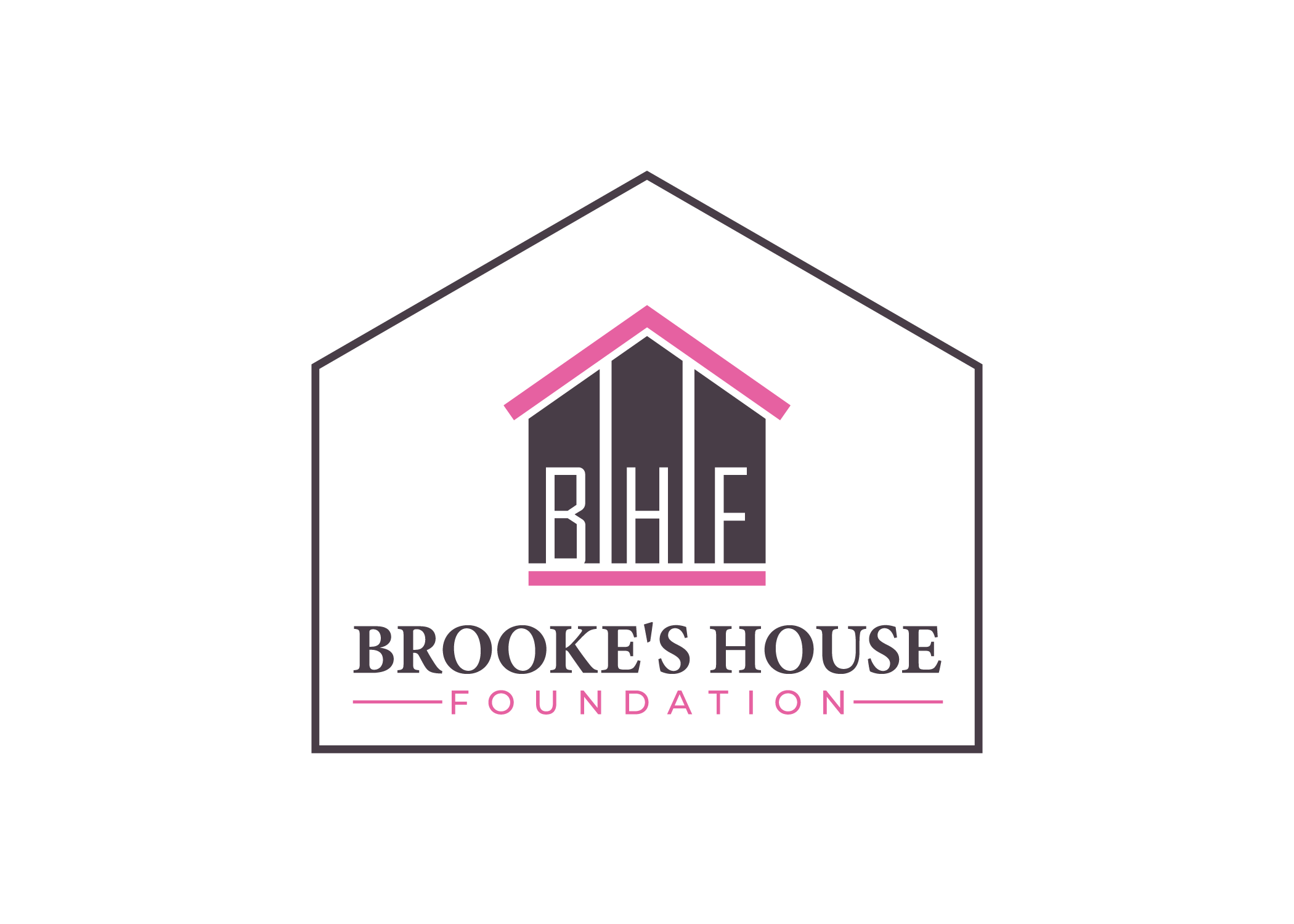
Sober living homes provide a crucial transitional step for individuals recovering from substance abuse. These supportive environments offer a structured setting where residents can continue their journey toward sobriety while receiving the necessary tools and support to reintegrate into society.
One key aspect of sober living homes is the focus on community activities. These activities foster a sense of belonging, responsibility, and personal growth, integral to a faster and more successful recovery.
This article will explore various community activities at sober living homes that can significantly contribute to recovery.
Community Activities at Sober Living Homes
Group Therapy Sessions

Group therapy sessions are a cornerstone of recovery in sober living homes. These sessions provide residents a safe space to share their experiences, struggles, and successes with others who understand their journey. Group therapy encourages open communication, empathy, and peer support, essential for building a strong recovery foundation.
Group therapy helps residents develop essential skills such as active listening, conflict resolution, and emotional regulation. It also combats feelings of isolation and loneliness, which can trigger relapse.
These sessions promote community and accountability, making residents more committed to their recovery and less likely to engage in substance use.
Fitness and Exercise Programs

Physical health plays a crucial role in recovery, and many sober living homes incorporate fitness and exercise programs into their daily routines. Engaging in regular physical activity not only helps residents improve their physical well-being but also supports their mental and emotional health.
Exercise releases endorphins, reducing stress and improving mood, making coping with cravings and triggers easier.
Participating in group exercise classes or sports activities promotes a sense of camaraderie and teamwork among residents. These shared experiences create connections and friendships that extend beyond the exercise session, offering a valuable support network.
Moreover, adopting a healthier lifestyle through fitness and exercise encourages residents to make positive choices and prioritize their well-being, further solidifying their commitment to recovery.
Volunteer and Community Service
Volunteering and community service are other ways residents at sober living homes can contribute to their recovery. Giving back to the community fosters a sense of purpose and self-worth, which is essential for maintaining sobriety.
Volunteering also provides residents with a structured daily routine, reducing the idle time that could lead to cravings.
Participating in community service projects allows residents to rebuild trust and connections with the outside world while making amends for past actions. It reinforces the idea that individuals in recovery can positively impact society.
Furthermore, volunteer opportunities often introduce residents to new skills and interests, helping them discover passions that can fill the void left by substance abuse.
Art and Creative Expression
Art and creative expression activities offer residents an avenue for self-discovery and emotional release. Many sober living homes incorporate art therapy, music therapy, or other creative outlets into their recovery programs. These activities help residents tap into their inner creativity, providing a therapeutic outlet for processing emotions and past traumas.
Creative expression can be particularly beneficial for individuals struggling with verbal communication. Residents can explore and express their feelings and experiences through art, music, or writing non-threatening and constructively. Sharing their creations with others in the sober living community fosters a sense of vulnerability and connection, strengthening their support network.
Skill-Building Workshops
Sober living homes often offer skill-building workshops that provide residents with practical tools for life beyond recovery. These workshops may cover various topics, including financial management, job readiness, communication skills, and conflict resolution. By acquiring these essential life skills, residents are better equipped to navigate the challenges they may face in their sober lives.
Participating in skill-building workshops can boost residents’ self-confidence and self-esteem, empowering them to pursue meaningful careers and relationships. These activities also promote personal responsibility and independence, which are crucial to sustained recovery. By acquiring new skills and knowledge, residents can envision a brighter future and develop a sense of purpose that goes beyond substance use.
Sober Social Events
Incorporating sober social events into the community activities at sober living homes is an effective way to show residents that they can have fun and socialize without alcohol or drugs. These events provide a safe and supportive environment for residents to build friendships and create positive memories of sobriety.
Sober social events range from movie nights and game nights to picnics, hiking trips, and even organized outings to cultural or recreational attractions. These activities reinforce the idea that a fulfilling and enjoyable life is possible without substances and help residents build a strong network of like-minded individuals who share their commitment to sobriety.
Group Outings and Recreational Activities
Group outings and recreational activities allow residents to bond with their peers while enjoying sober, healthy social interactions. Sober living homes often organize outings to parks, museums, theaters, or sports events, allowing residents to explore new interests and hobbies.
These activities help break the monotony of daily routines and inject fun into the recovery process.
Participating in group outings fosters a sense of belonging and camaraderie among residents as they share positive experiences. It also reinforces the idea that a fulfilling life in recovery is not limited to the confines of the sober living home but extends into the wider community. Residents learn to navigate social situations without relying on substances, a crucial skill for long-term sobriety.
Final Thoughts
Community activities at sober living homes foster faster and more successful recoveries. From therapy and fitness programs to creative expression and mindfulness practices, these activities offer residents crucial tools, support, and personal growth opportunities. By emphasizing belonging, responsibility, and connection, sober living homes empower individuals to build a solid foundation for a lifelong journey of sustained sobriety.
